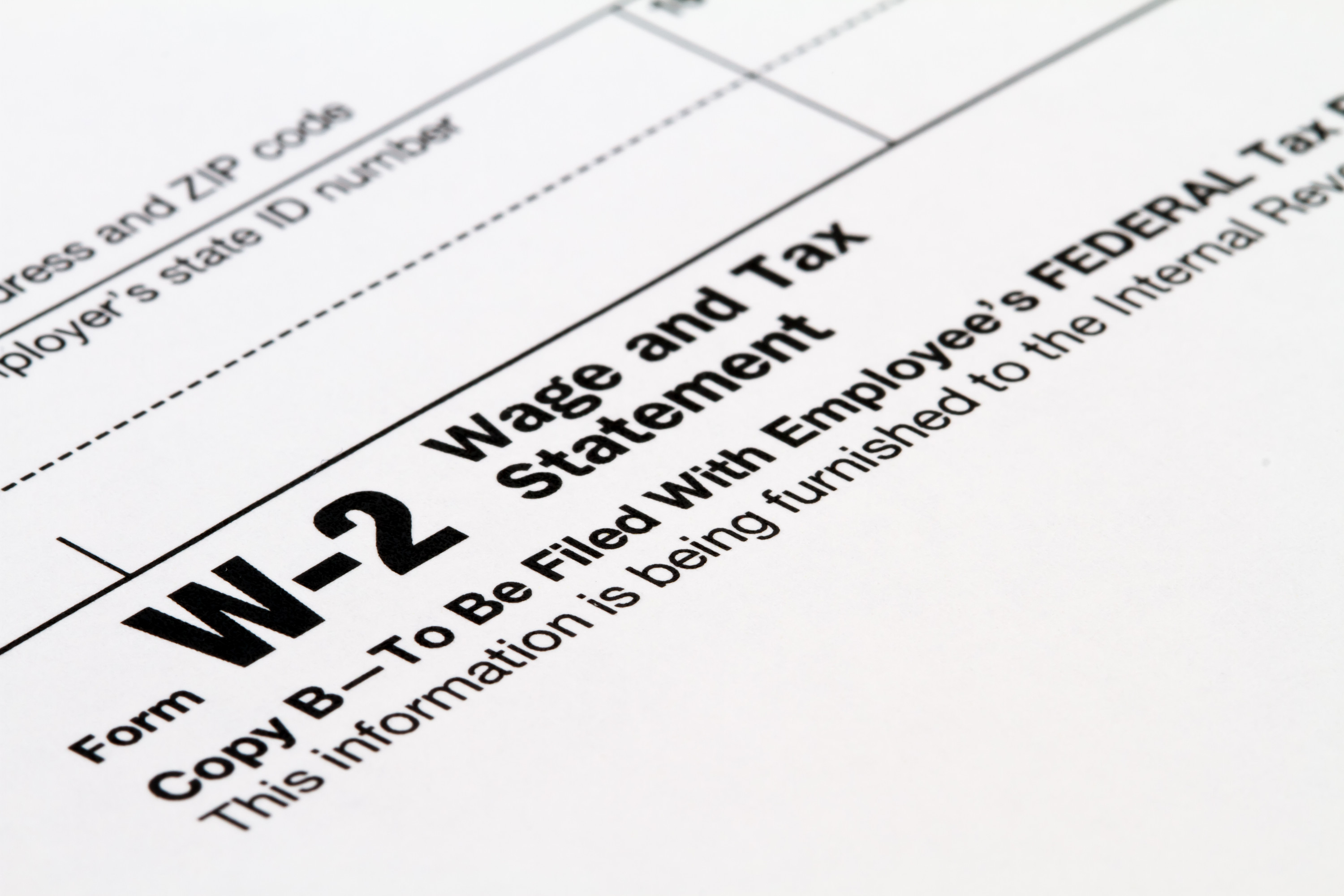Understanding Form W-2
Employers must send a Form W-2 to every employee, whether they are fulltime or part-time…
As an employer, you have probably already heard that the W-2 form is an essential requirement when it comes to taking care of tax season paperwork for the IRS.
While the W-4 form needs to be provided by employees for tax withholding purposes, employers also have to provide that information through the W-2 form. Employers must send a Form W-2 to every employee, whether they are fulltime or part-time.
The Purpose of the Form
The W-2 form is designed to provide a detailed and accurate report on the employee’s annual wages, as well as the amount withheld due to taxes and other mandatory or voluntary withholdings during the year for which the form is submitted.
Employers have to fill out the W-2 forms and send them to each employee by a specific deadline as mandated by the IRS. The form is required in the case of each employee from whom Social Security and Medicare tax is withheld and income tax is withheld, unless the employee in question has claimed an exemption through form W-4. Basically, the form needs to be completed for each employee that has an income of at least $600 per year.
Completing the W-2 Form
Fortunately, completing a W-2 form is not too difficult. As an employer, you will need some basic personal information for each employee, including name, address and Social Security number as well as detailed information on all tax withholdings, as they apply to the employee the form is completed for.
Full information on how to complete the W-2 form is available on the official IRS website. There are special filing rules, so read them carefully.
Need assistance with W-2 filing and payroll services? Learn more.
Copyright © 2019







Reply a Comment